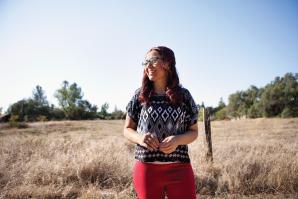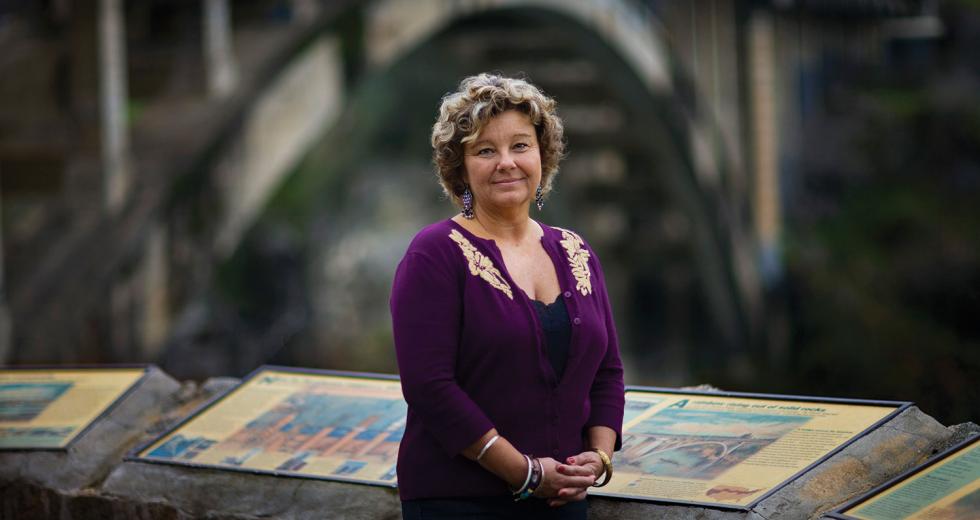Between her 8th and 15th birthdays, Ashlee Rogers moved out of nearly a half-dozen foster homes. She was removed from her mother twice, and she floated all over El Dorado County, from Placerville to Pollock Pines and back. That’s a rough go for any kid, but fortunately Rogers and her younger sister had someone looking out for them.
That someone was one of the more than 130 volunteers with Court Appointed Special Advocates of El Dorado. Officially, Casa’s mission is to advocate on behalf of abused and neglected children.
“These are extremely important people in a child’s life,” says Rogers, who’s now 24 and expecting a daughter. “They help you feel safe, they help you feel better about yourself, they’re someone to talk to and they give you a voice.”
Casa is a national program, launched in 1976 by Seattle Judge David Soukep. His goal was to ensure that when deciding whether to remove a child from a home and family, possibly placing them at even greater risk, he could rely on someone to tell him what was best for the child, from the child’s viewpoint.
Judge Patrick J. Riley launched Casa El Dorado in 1992. Today, it has 130 volunteers serving 250 children on an annual budget of about $600,000. Volunteers appointed by judges watch over and advocate for the youth to help them cope with what’s happening and provide positive role models. For many kids, their Casa advocate is the only familiarity in what could be a multimonth or multiyear process.
“They’re more than just the voice of the kids,” Rogers says. “They check on you. They make sure you’re OK and have everything you need to be comfortable, safe and secure in the place you’re living. It’s like having a big brother or sister.”
There’s no question that the program has helped Rogers and her sister, even above and beyond the call of its mission (Cathie Walker, Casa El Dorado’s program director, has taken in Rogers and her sister, giving them a place to call home). At the same time, Rogers’ own strength and desire for a better life cannot be overlooked.
“It was a learning experience,” Rogers says of her years in foster care. “But I never gave up. Instead I chose to learn from my mom’s mistakes, from that, decide what kind of person I wanted to be. My goal is to someday work for Casa or in social services, so I can give something back to other kids. And for anyone out there who feels like they can provide a stable home for a kid that needs one, do it. There are never enough good homes for kids.”
Recommended For You

Fostering Hope
Nonprofits and community support provide struggling youth with opportunity
Samantha Smith was 13 when she first left home for the streets of Folsom. Living in and out of foster care, she was driven from homes by conflict and turbulence and returned only when in need of food or clothing.

Making Cents
Preparing foster youth for their financial future.
For many foster youth, establishing stability within in the foster care system is exceedingly difficult. But it’s after emancipation that the realities of financial independence become even more challenging.



